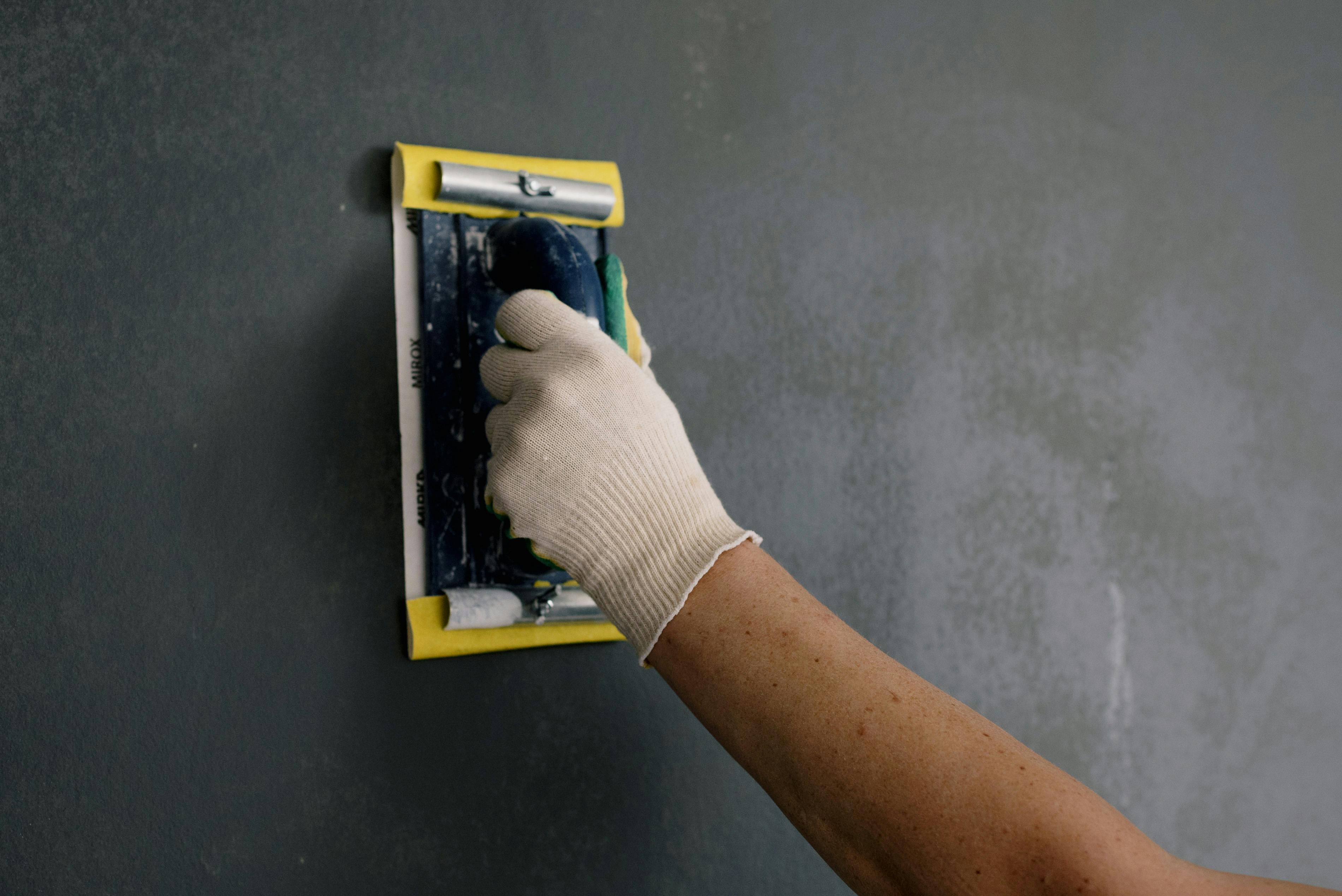Mindful Living: The Key to Positive and Lasting Change
Conscious: aware of one’s own existence, sensations, thoughts and surroundings; aware of what one is doing.
Unconscious: without awareness or cognition; occurring below the level of conscious thought; not consciously planned, realized or done; the unconscious: the part of the mind that contains psychic material that is rarely accessible to consciousness but has a pronounced effect on behavior.
When we are living our lives in a state of true awareness where we are truly aware of our actions, we can free ourselves from reactive and self-defeating behavior and do our personal best. Unfortunately, even though we may think we make conscious decisions, our unconscious mind actually impacts our behavior. Therefore, our actions are not really under our control. We can learn to recognize the unconscious, that part of our mind that has great power over much of our actions without us being aware of its existence. By doing so, we can lessen its power over us.
As an example, try simply noticing that voice inside your head that gets very chatty every time you’re about to make a decision, especially an important one that could result in change. Is he telling you that you are crazy to consider what you are thinking of doing? Does it say you failed once before and probably will again? This talk is easy to recognize because that voice, or chorus of voices, is on all day. Just walking into a room full of strangers sets it off! They don’t like me, I don’t belong here, ya-da, ya-da. We do not understand that the voice is willing to sabotage us.
The voice is not you. It is a manifestation of your subconscious fears. Just noticing it will tell you that this inner spoiler is at work. In the act of awareness, he begins to empower himself to make truly conscious decisions that will result in positive and lasting changes in his life.
The voice is the mental talk that we can recognize. What about all the subconscious things that are also at work but much harder to identify? Too often, we find ourselves reacting quickly to life’s circumstances instead of taking the time to stop, listen, and think things through. For example, your friend may ask you if you don’t feel good because you don’t look that sexy. You could react immediately by saying, “What do you mean, I don’t look good?” You hurt your feelings because you are extremely sensitive to any kind of criticism. Those feelings of low self-esteem can come from a parent who was always extremely critical: the why doesn’t matter. The bottom line is that your friend meant exactly what he said: are you okay? Nothing else. You added the rest. You were unconscious in your reaction. You allowed your past to repeat itself.
When we live on a conscious level, we are as alert to what is going on as a deer in the woods listening to something unknown. We make sure that our actions, our decisions, our communications are not influenced by the myriad filters that we apply to life. We don’t look through rose-colored or black glasses; we choose to look through lenses that do not distort reality.
We recognize that the voice in our head is not authentic and we proceed without their input. Thanks for sharing and keep going. We begin to see that reacting to life is very different from acting from a place of awareness and awareness. We learn to recognize reality for what it is and not for what we think it should be. We choose to make conscious versus unconscious decisions.
Life Coaching has a very strong emphasis on the act of living consciously. We learn to recognize when we slip into unconsciousness, thus training ourselves to become more and more aware of what is really happening. We free ourselves from doing the same things over and over again. We learn from our heightened sense of consciousness. We begin to see things differently, in a much more objective and clear way.
There are countless ways one can begin to practice mindful living. The first and foremost thing is to notice the chatter of your mind. Just watch. Second, to stop reactive behavior, walk away when you feel like you’re not in control. Recognize your danger zone. When you feel the surge of emotion begin, take a step back and count to twenty. Don’t give up in a hurry. Refresh. Take a brisk walk. Find those activities that clear your mind and create calm. Some people meditate, others do yoga or sing. Others find 18 holes on a golf course to be a spiritual experience. Whatever works for you.
Always examine your actions and decisions to make sure they are made without self-defeating habits. Are you seeing reality as it exists or through some kind of filter? Let go of self-centered behavior that clouds the issue and only serves to reinforce bad behavior and poor decision-making. Be like the deer in the woods: alert, focused, present, and fully aware.
